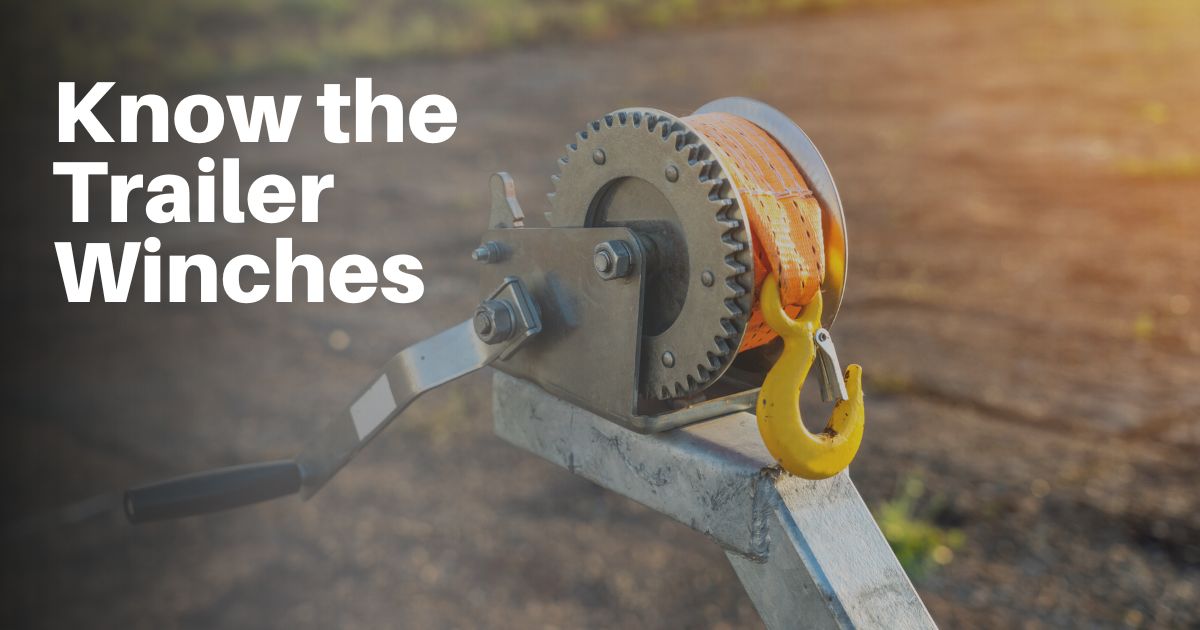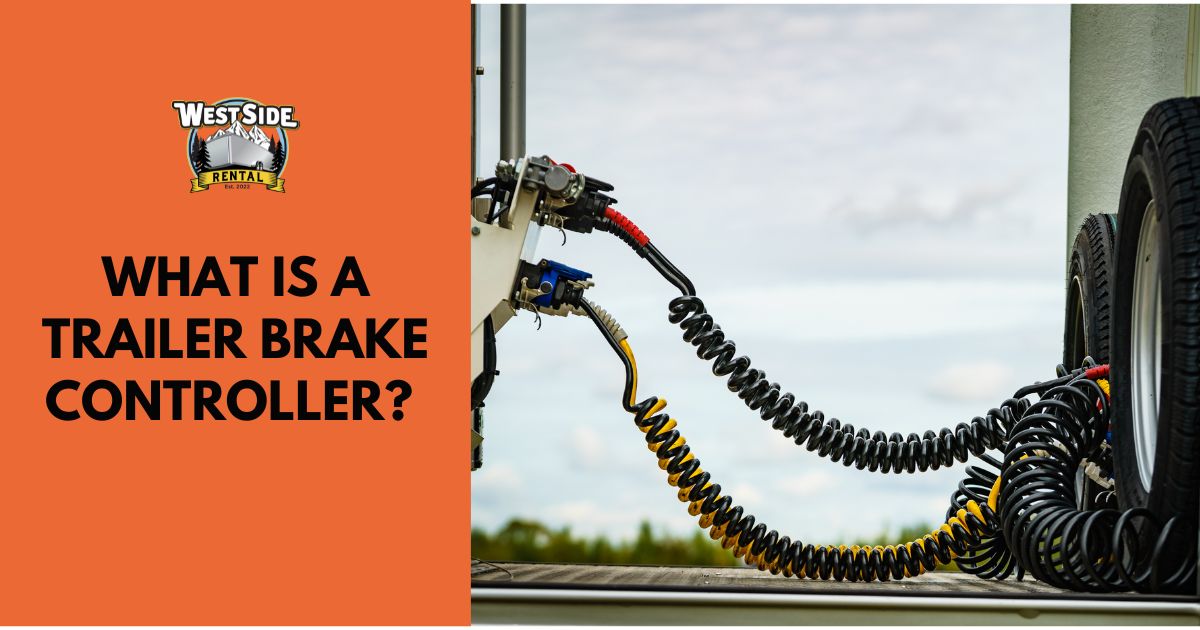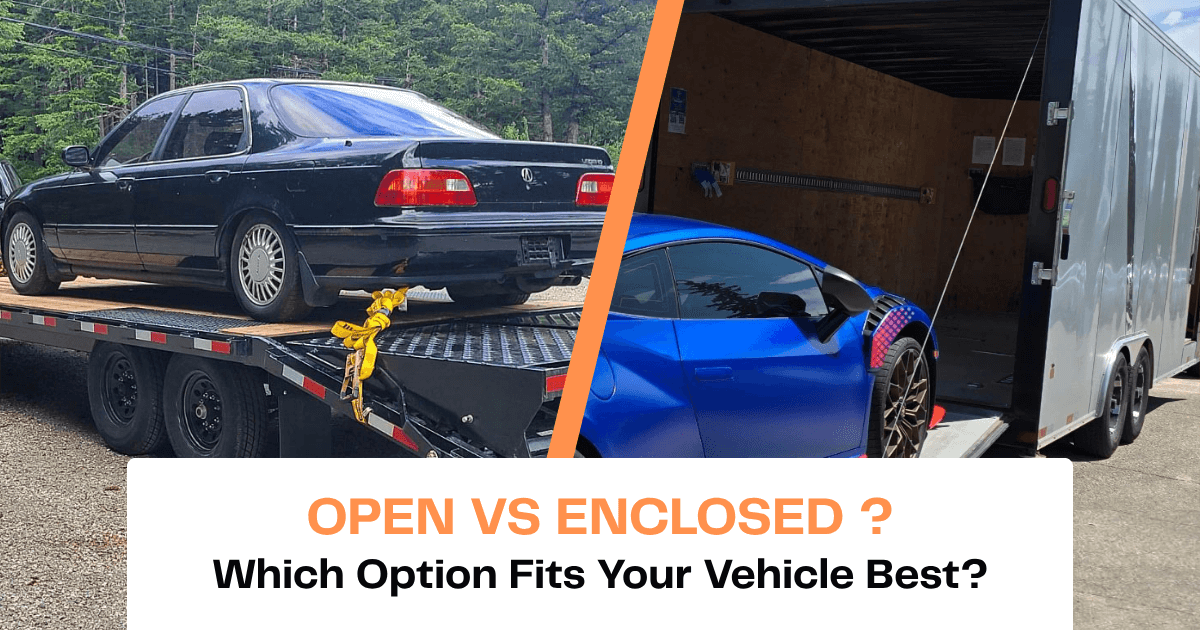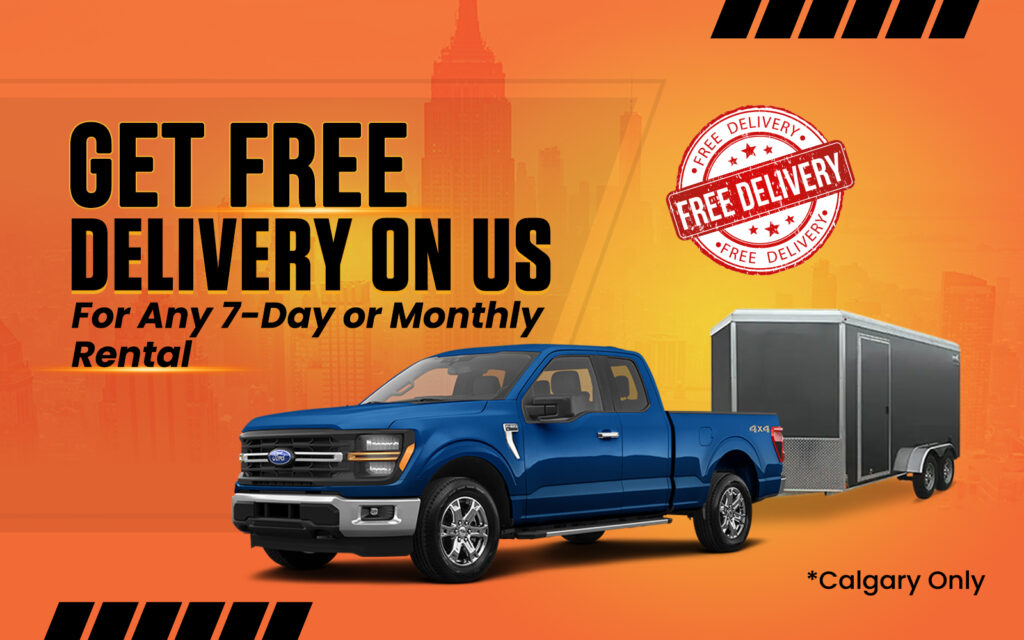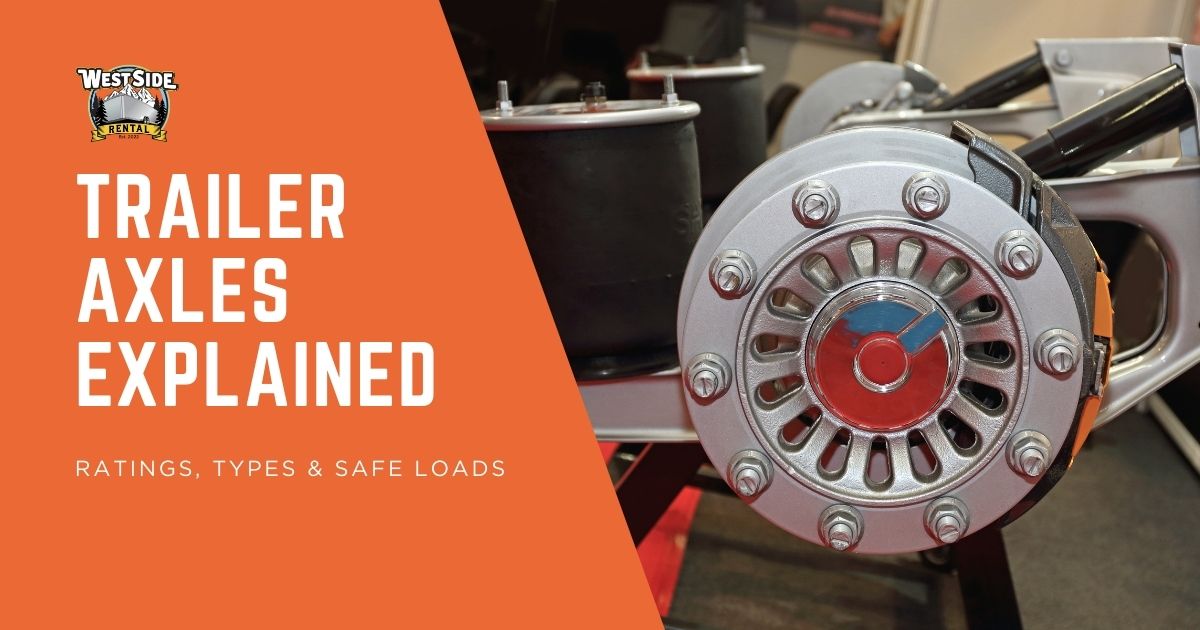
Choosing the Right Trailer Hitch: Classes & Towing Explained
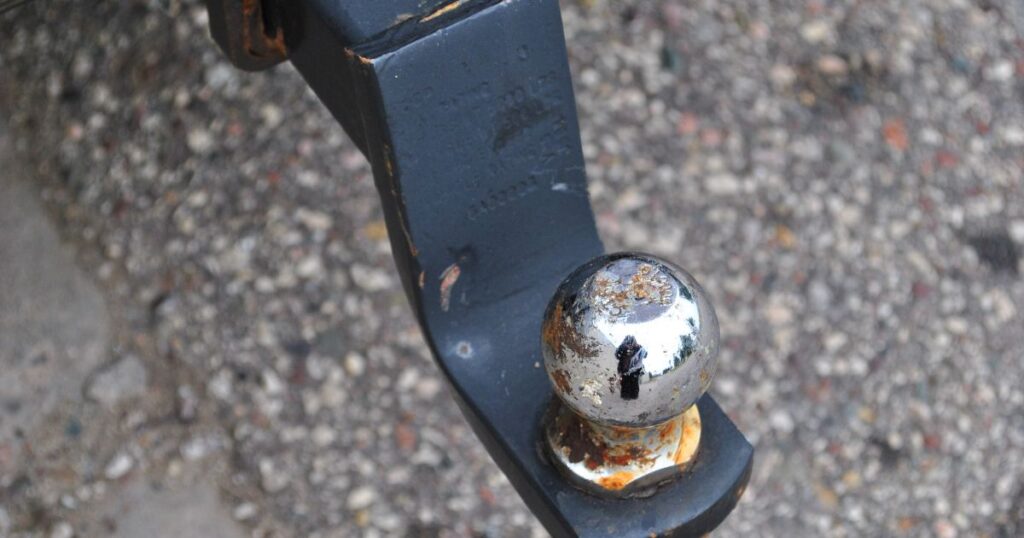
- August 28, 2025
- Towing Tips
- seo-manager
If you plan to tow a trailer, boat, or camper, the first thing you need is the right trailer hitch. Choosing the wrong one can lead to safety issues, damage to your vehicle, or even failed trips.
This guide breaks down everything you need to know in simple terms so you can pick the hitch that fits your needs. Let’s dive in and get you hooked up with the right trailer hitch!
What is a Trailer Hitch?
A trailer hitch is a device that attaches to your vehicle so you can pull a trailer. Think of it as the connection point between your car or truck and whatever you’re towing. Basically, it’s a metal device that connects your vehicle to a trailer. It acts like a strong hook or mount that lets your car, SUV, or truck pull extra weight safely; that’s all.
Hitches come in different classes, and each class is made for a specific use. Light-duty hitches are good for bikes or small cargo trailers, medium-duty hitches work well for campers, boats, or utility trailers, and heavy-duty hitches are built for towing large RVs or heavy equipment.
The right hitch depends on how much weight you need to tow and the type of trailer you plan to use.
Why Do I Need a Trailer Hitch?
You need a trailer hitch to connect your trailer with the vehicles for make towing safe as possible. Without it, your vehicle has no way to connect to a trailer, camper, or bike rack. A hitch basically gives you a secure link that can handle the weight of what you’re pulling. Whether you are moving a furniture, hauling a car, carrying bikes, or taking an RV on the road.
Also, it prevents damage and helps you move safely when towing, giving you stable, controlled maneuvering and braking.
Different Types of Trailer Hitches
There are commonly three types of hitches: Receiver hitches, 5th wheel hitches, and gooseneck hitches. Receiver hitches are the standard type most people use, and they are flexible for light to heavy towing.
5th wheel hitches are usually used with pickup trucks, as the hitch mounts in the truck bed. They are most useful for towing large campers or RVs.
The last in the common list is gooseneck hitches, which are used for heavy-duty towing, such as horse trailers or industrial loads.
Hopefully, you now have a general idea about the common hitch types. Let’s move a bit deeper, since every hitch has different class levels that define how much capacity it can haul. Remember, a hitch is one of the most important and valuable investments for your vehicle.
Types of Trailer Hitches (Hitch Classes)
Class I: Light-Duty Receiver Hitches
If you just need to tow something small, a Class I hitch is for you. Its basically design for towing motorcycles, small enclosed cargo trailer and bike racks as well.
This hitch can handle up to 2000 ibs that means your vehicles should be need to hauling less than the maximum capacity. If you drive a car, minivan, or small SUV, this class is the best fit.
- 1 1/4″ receiver
- Tongue maximum capacity: 200 lbs.
Class II: Regular-Duty Receiver Hitches
With a Class II hitch, you get more strength and you can tow up to 3,500 ibs. This is a good choice if you want to tow a small camper, a lightweight boat, or a medium cargo trailer. If you have a midsize SUV or crossover, this class will likely suit your needs.
- 1 1/4″ receiver
- Tongue maximum capacity: 350 lbs.
Class III: Heavy-Duty Receiver Hitches
Class III hitches are the most popular and versatile. They are designed for carrying heavy-duty weight and can tow up to 8,000 lbs. If you want to tow full-size cars, medium-sized SUVs, or vans, then you can move with this hitch easily. From our experience, these are one of the most common hitches used for hauling midsize trailers.
- 2″ receiver
- Tongue maximum capacity: 750 lbs.
Class IV: Extreme-Duty Receiver Hitches
Class IV hitches are built for serious towing, like hauling much heavy-duty trailer. You can tow up to 10,000 with this hitch. and it’s commonly used for larger trailers, such as 24 ft cargo or equipment trailers. If you’re pulling something big on a regular basis, this is the class you’ll need.
- 2″ receiver
- Tongue maximum capacity: 1,000 lbs.
Class V: Fifth Wheel Hitches
For the heaviest loads, you’ll need a Class V or fifth wheel hitch. This one mounts in the bed of your truck and is designed for pulling RVs, horse trailers, and large commercial loads. Because the weight sits directly over your truck’s rear axle, it gives you the most stability and control when hauling something massive.
- 2″ & 2 1/2” receivers available
- Tongue maximum capacity: 2,700 lbs.
How to Choose the Right Trailer Hitch
When picking a hitch, keep these things in mind:
- Know Your Vehicle’s Towing Capacity – Check your owner’s manual. Don’t exceed the limit.
- Match Hitch Class to Your Trailer Weight – Always choose a hitch that can handle more than your trailer’s loaded weight.
- Think About What You’ll Tow Most Often – A bike rack needs a lighter hitch, but an RV needs a fifth wheel or gooseneck.
- Check Installation Needs – Some hitches are easy to install, while others need professional help.

